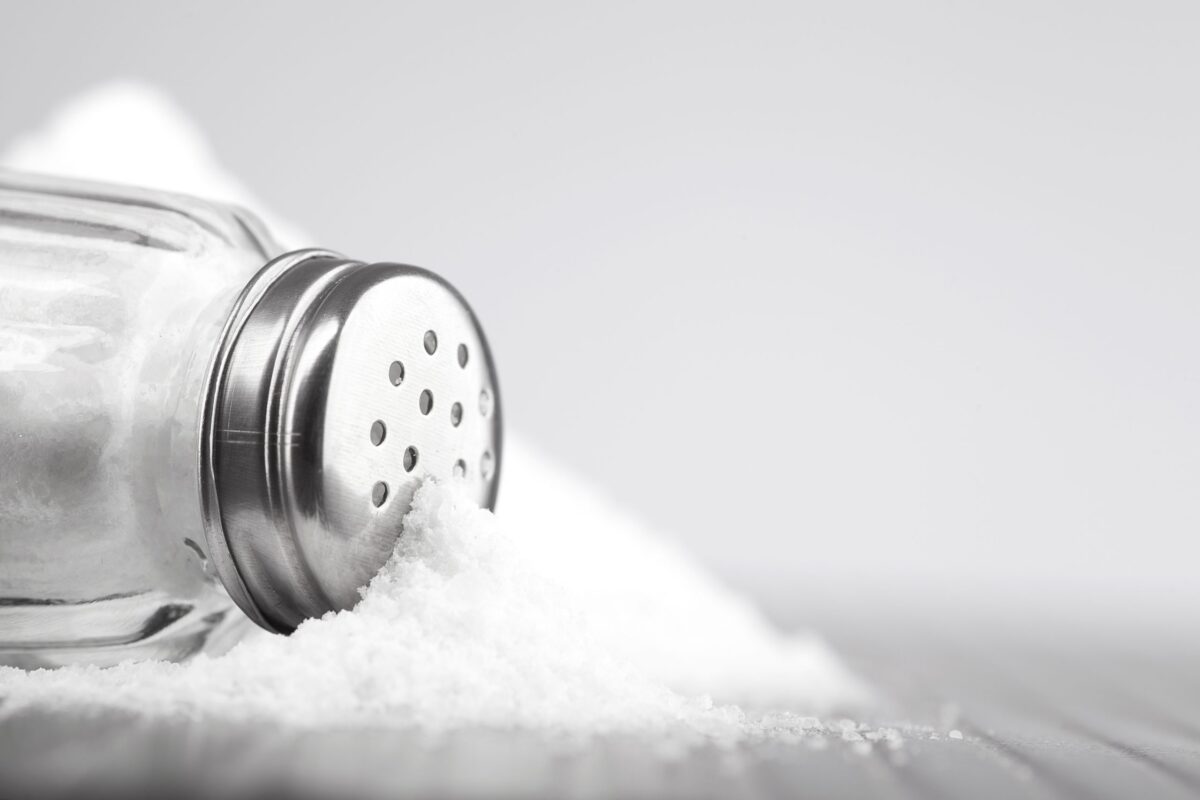Blog
Sodium Carbonate Decahydrate: Uses, Benefits, and Safety Guide
Sodium carbonate decahydrate, also known as washing soda or soda ash, is a chemical compound that plays a vital role in many industrial and domestic applications. This versatile substance is used in water softening, cleaning, and even food processing. In this article, we will dive into the uses, benefits, and safety of sodium carbonate decahydrate, ensuring you get a clear understanding of its importance.
What is Sodium Carbonate Decahydrate?
Sodium carbonate decahydrate is a crystalline form of sodium carbonate, chemically represented as Na₂CO₃·10H₂O. It consists of sodium carbonate combined with ten molecules of water, which is what makes it “decahydrate.” In its natural form, it is found as a white, odorless crystalline substance. It is commonly used in manufacturing processes, laboratories, and even in household cleaning products.
Key Characteristics of Sodium Carbonate Decahydrate
- White crystalline appearance
- Easily soluble in water
- Alkaline properties
- Used in various industrial applications

Common Uses of Sodium Carbonate Decahydrate
Sodium carbonate decahydrate has a wide range of applications across multiple industries. Below are some of the most common uses of this compound:
1. Water Softening
One of the primary uses of sodium carbonate decahydrate is in water softening. It helps to neutralize the hardness caused by calcium and magnesium ions, making the water more suitable for cleaning, industrial processes, and personal use.
2. Cleaning Products
Sodium carbonate decahydrate is often found in household cleaners and detergents due to its ability to remove grease, grime, and stains. Its alkalinity helps break down tough stains and enhance the cleaning power of detergents.
3. Glass Manufacturing
In the glass industry, sodium carbonate is used as a fluxing agent to lower the melting point of silica, the primary component of glass. This makes the production process more energy-efficient and cost-effective.
4. Food Additive
Surprisingly, food manufacturers also use sodium decahydrate as a food additive, primarily to regulate acidity in certain products. Experts generally recognize it as safe when used in small quantities during food processing.
5. pH Regulation in Pools
In swimming pools, sodium decahydrate is used to increase the pH levels of water. A balanced pH ensures that the water is safe for swimmers and helps maintain the efficacy of chlorine as a disinfectant.
Benefits of Sodium Carbonate Decahydrate
The wide array of uses for sodium decahydrate demonstrates the many benefits it offers across different industries:
1. Cost-Effective
Sodium decahydrate is an affordable and accessible compound. Its versatility means that it can replace more expensive alternatives in water treatment, cleaning, and other processes.
2. Efficient Cleaner
Its strong alkaline nature makes sodium decahydrate an effective cleaner for both industrial and household applications. It efficiently dissolves grease, oil, and stains, making it a reliable cleaning agent.
3. Environmental Impact
Unlike some chemicals, sodium decahydrate has a relatively low environmental impact. It is non-toxic, biodegradable, and poses no long-term harm to aquatic ecosystems when used responsibly.
Safety and Handling of Sodium Carbonate Decahydrate
Though sodium decahydrate is generally considered safe, it is essential to handle it with care. Here are some key safety tips to keep in mind:
1. Avoid Inhalation
Inhalation of sodium decahydrate dust can cause irritation to the respiratory system. Always wear a mask when handling it in its powdered form.
2. Skin Protection
Prolonged contact with sodium carbonate can cause mild irritation to the skin. It is advisable to wear gloves when handling the compound, especially in concentrated forms.
3. Eye Protection
If sodium decahydrate comes into contact with the eyes, it can cause irritation or even damage. Always wear safety goggles when working with large amounts of the compound.
4. Proper Storage
Store sodium decahydrate in a cool, dry place, away from moisture. Exposure to moisture can cause it to lose its crystalline form and efficacy.
How to Use Sodium Carbonate Decahydrate Safely
When using sodium decahydrate in industrial or domestic applications, it’s important to follow recommended usage guidelines:
- For Cleaning: Use in moderation and dilute with water. Ensure proper ventilation during use.
- In Pools: Always measure pH levels before adding sodium decahydrate to pool water.
- In Water Softening: Follow manufacturer guidelines to ensure the correct amount of sodium decahydrate is used.
Final Thoughts on Sodium Carbonate Decahydrate
Sodium decahydrate is a versatile and essential chemical compound used in various applications, from water treatment to food production. Its cost-effectiveness and efficiency make it a popular choice for both industrial and household use. However, it is essential to handle it responsibly, taking the necessary safety precautions to avoid potential health hazards.
